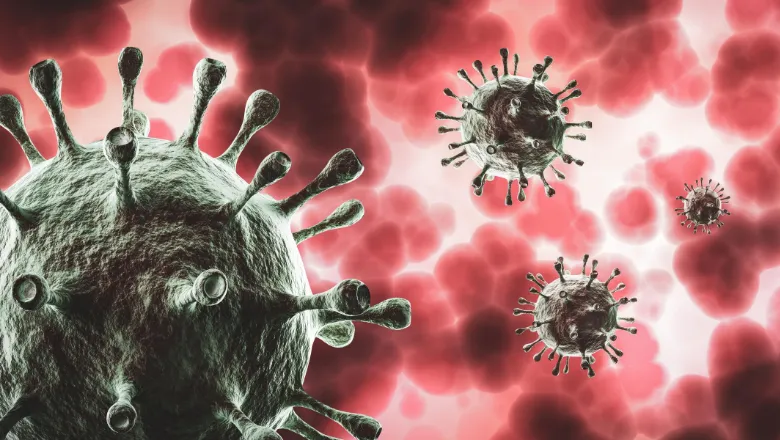The outbreaks have led to wide improvement efforts in public health practice, delivering cancer care to vulnerable populations to acquiring MERS infection, and establishing public health agencies and training workforces. We wanted to describe these experiences and lessons so that they can be used by many cancer care settings currently affected by COVID-19.
Saleh A Alessy, PhD student, School of Cancer & Pharmaceutical Sciences
03 August 2020
New research examines cancer care in Saudi Arabia during COVID-19 pandemic
An international collaboration of cancer experts have outlined how Saudi Arabia have responded to the COVID-19 outbreak, recommending several prevention and management steps for cancer care settings worldwide.

The coronavirus (COVID-19) disease continues to disrupt many healthcare settings worldwide and has been associated with much worse outcomes amongst cancer patients.
Several countries have experienced Middle East respiratory syndrome outbreaks as a result of the virus (MERS-CoV), which was first identified in 2012. A total of 2,499 cases have been confirmed from 27 countries since then, resulting in 858 deaths. The majority of these (780 deaths) have been reported in Saudi Arabia.
Mortality for those known to be infected with MERS-CoV was higher in patients over 65 years and patients with other comorbidities such as cancer. Over time, Saudi Arabia has learnt many lessons about how to manage cancer care during such outbreaks.
In their recent paper, Saleh A Alessy and Dr Elizabeth A Davies from the Comprehensive Cancer Centre at King’s, describe how cancer care has been re-structured during the pandemic and how the recent MERS-CoV experience may have improved the Saudi response to COVID-19.
Collaborating with Dr Abdul-Rahman Jazieh, Oncologist and Professor within the Department of Oncology at King Saud bin Abdulaziz University for Health Sciences in Saudi Arabia, the team were able to obtain an in-depth understanding of the countries pandemic control plan in cancer care settings.
Overall, Saudi Arabia has learnt many lessons from MERS-CoV which has strengthened the public health system and enabled the prior operational experience of managing cancer care during an infectious disease outbreak, which can provide guidance for other healthcare settings around the world.
However, due to the complexity of cancer care, oncologists are still facing challenges – from the lack of physical examination to the decrease of attendance in care settings due to the fear of acquiring COVID-19 – and long term follow-up research is needed to determine the actual impact of the current outbreak on service utilisation, cancer diagnosis and subsequent survival.
We suggested some areas that researchers in Saudi can focus on to assess the impact of COVID-19 across the entire care continuum. This project has been an excellent experience for me as a PhD student. I enjoyed leading the project and learning soft skills such as formulating a collaboration and disseminating the findings in a well-established cancer journal. I was happy that my senior co-authors saw this as an example of effective article leadership, which I think will have a positive impact on my future career in academia.
Saleh A Alessy, PhD student, School of Cancer & Pharmaceutical Sciences

